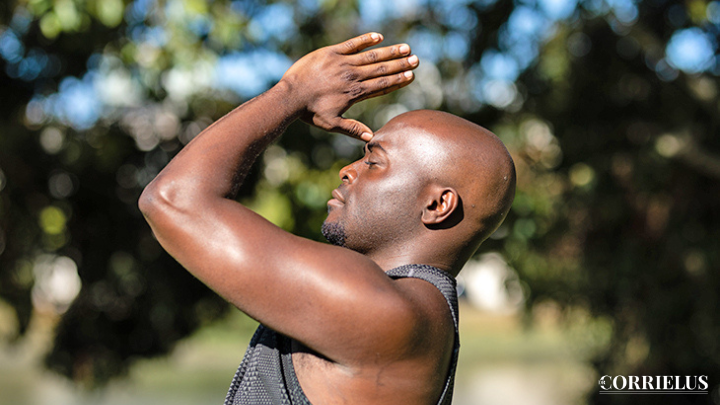Black males have frequently been discouraged from getting the mental health treatment they need because of expectations associated with Black manhood, such as the need to be tough and stoic. But it is possible to get past this resistance and prioritize mental health.
It goes without saying that being subjected to racism and prejudice has a number of negative effects on one’s mental health. According to the National Alliance on Mental Illness (NAMI), institutional racism has had long-lasting and significant consequences on Black Americans. The media’s increased coverage of police abuse and violence against Black people has only made the situation worse.
Some Black Americans are still not getting the mental health care and treatment they may require, despite the fact that mental health issues are becoming more prevalent in this group.
This is particularly true for Black males, who not only experience the normal obstacles to medical care that many people of color encounter, but who also internalize specific behaviors that adhere to societal constructions of Black manhood, which in turn affects their help-seeking behaviors. Despite known or suspected mental health disorders, Black males frequently exhibit reluctance to seek therapy for a variety of reasons.
Resources Shortage and Mistrust Are Obstacles to Care
Due to acknowledged prejudice and bias within the healthcare system, lack of access to culturally appropriate and responsive mental health care has left certain persons in the Black community less likely to seek treatment.
The torture that Black patients have traditionally through while undergoing medical testing and progress, such as in the U.S. Public Health Service Syphilis Study at Tuskegee, is said to be the source of widespread distrust in healthcare and medical personnel.
Another obstacle to receiving proper mental health treatment, according to NAMI, is lack of access to services: When people lack health insurance, work hard shift jobs, reside in areas with limited services, or lack access to dependable transportation, obtaining resources can be challenging. Additionally, stigma and false information about mental illness may discourage people from getting help.
How Black Masculinity Norms Impact Black Men’s Mental Health
Traditional masculine norms and concepts from all racial and ethnic origins also contribute to these variables, making Black men less likely to seek treatment since they have a harder time being open and vulnerable and revealing their emotions. A rising collection of research and analysis especially examines how assumptions about Black masculinity impact the mental health of Black males.
When Black males are perceived via a stereotype, they might become invisible and dehumanized, which compromises their mental and emotional well-being. A different emotional crisis may also result from the lack of affection and acceptance that many of them experience.
Black guys confront particular difficulties that other men don’t since people tend to focus on their physical appearance and rarely on their mental or emotional health.
Black males are frequently expected to possess physical toughness and resilience. They are urged to excel in sports and to participate in and enjoy physical activities, but not those that foster learning or emotional or mental development.
Black Men Seeking Mental Health Care: Five Useful Recommendations
Destigmatizing mental health concerns among Black males has made some progress, but more has to be done. Here are five topics we think about for Black males who are unsure whether to seek professional counseling or if it would be beneficial for them.
Nothing needs to be proven by you.
There is no one else they have to convince except themselves when it comes to black males who are struggling with their psychological and emotional well-being.
Of course, there are duties to be performed for loved ones, but it’s crucial to put your mental and physical health first so that you may devote more time to people who depend on you and love you.
Every kind of treatment is strictly confidential.
All counselors have an ethical obligation to protect their clients’ privacy, and they risk losing their license if they don’t. Those skeletons are secure with your therapist and psychiatrist, so black guys should not be concerned.
Your choice of mental health specialist is yours.
Regardless of biological sex, race or cultural heritage, it can be tough for anybody to sit down and share their darkest secrets.
However, one of the best aspects of needing services is that, in most circumstances, you may choose the expert with whom you are most at ease.
Getting help is not a sign of shame.
This is true, despite the fact that you have undoubtedly heard it a million times. Asking for assistance might occasionally be the bravest action we can do.
Therapy, counseling, and psychiatric care are not just for the “mad.” This is a myth that has to be dispelled for good. Anyone looking to speak with an objective expert in a private setting can seek counseling.
A word from the doctor
Good for you if you’ve decided to talk to someone!
But remember, not every mental health professional is the same, and some have different specialized areas.
Make sure you do your own research before choosing a mental health professional, but consider starting with your primary care doctor: They can provide more insight into how to proceed.
Black people can receive the most effective treatment from culturally competent therapists who specialize in black mental health.
If you need further help, contact me right away!



